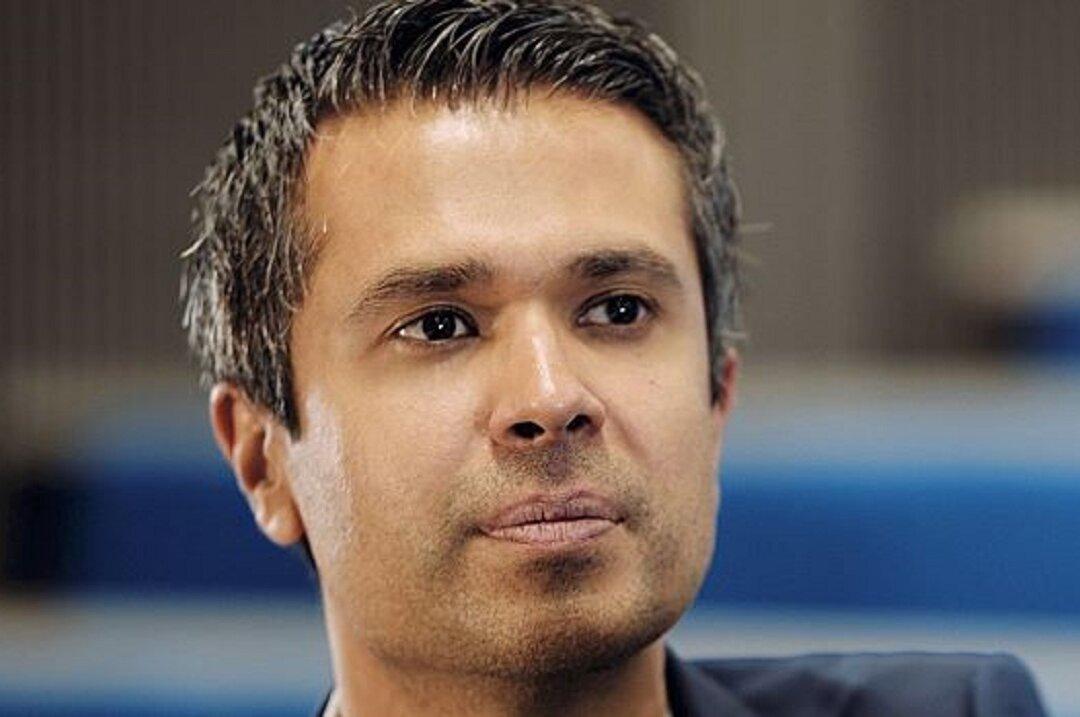Back when the vaccines were being rolled out, the eminent UK cardiologist, Dr. Aseem Malhotra encouraged people to accept them. He was trying to overcome “vaccine hesitancy”—see for example here in November 2020 and here in February 2021.
Personal loss led to a change. Sadly, his father suffered cardiac arrest and died in July 2021. As told here, here, and here, though a cardiologist with an enormous Twitter following, Dr. Malhorta could not explain the post-mortem findings and started down medical-research rabbit holes he’d not gone down before.
Dr. Aseem Malhotra. Courtesy of Dr. Aseem Malhotra
|Updated:
Daniel Klein is professor of economics and JIN Chair at the Mercatus Center at George Mason University, where he leads a program in Adam Smith. He is also associate fellow at the Ratio Institute (Stockholm), research fellow at the Independent Institute, and chief editor of Econ Journal Watch.

